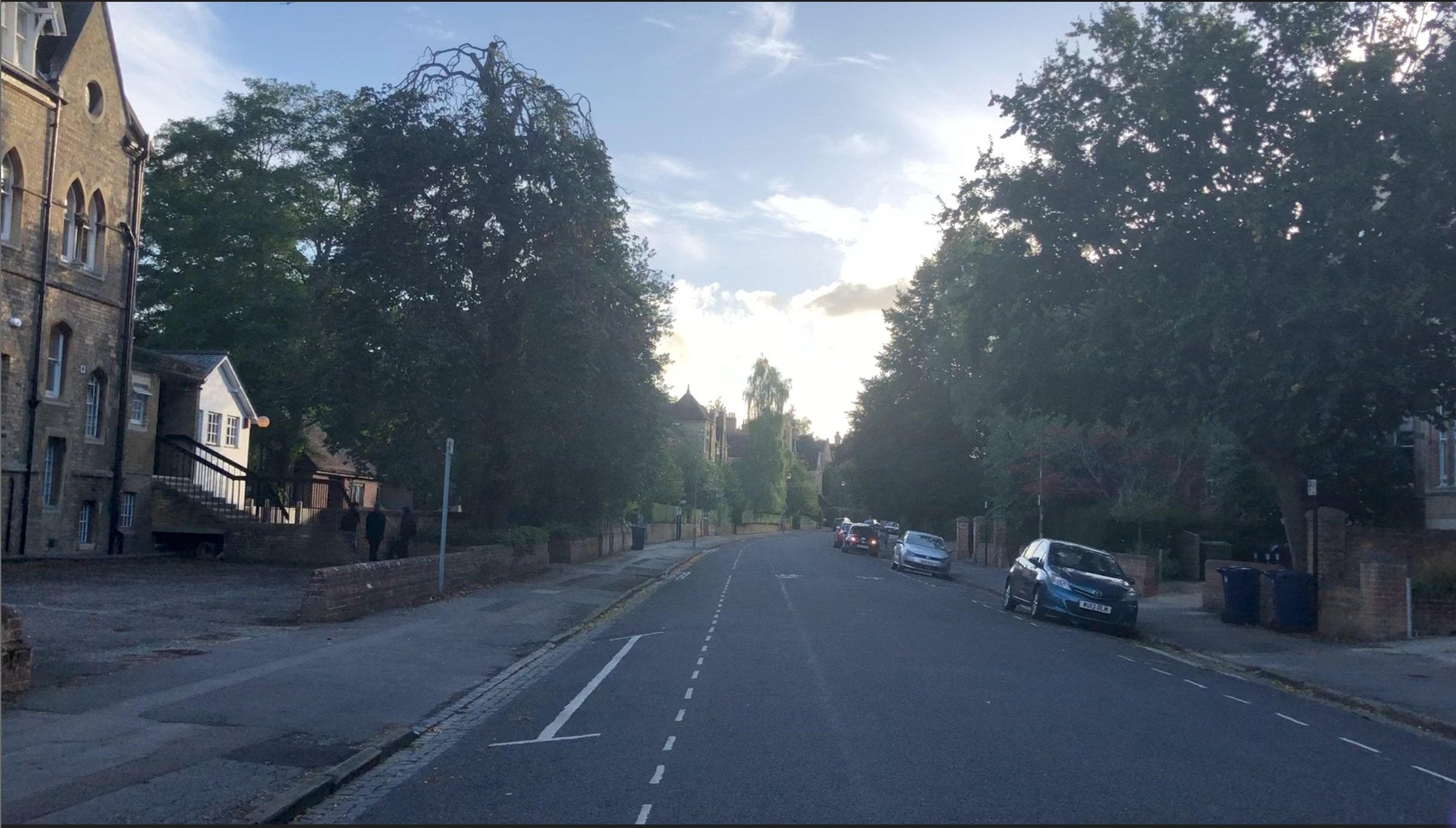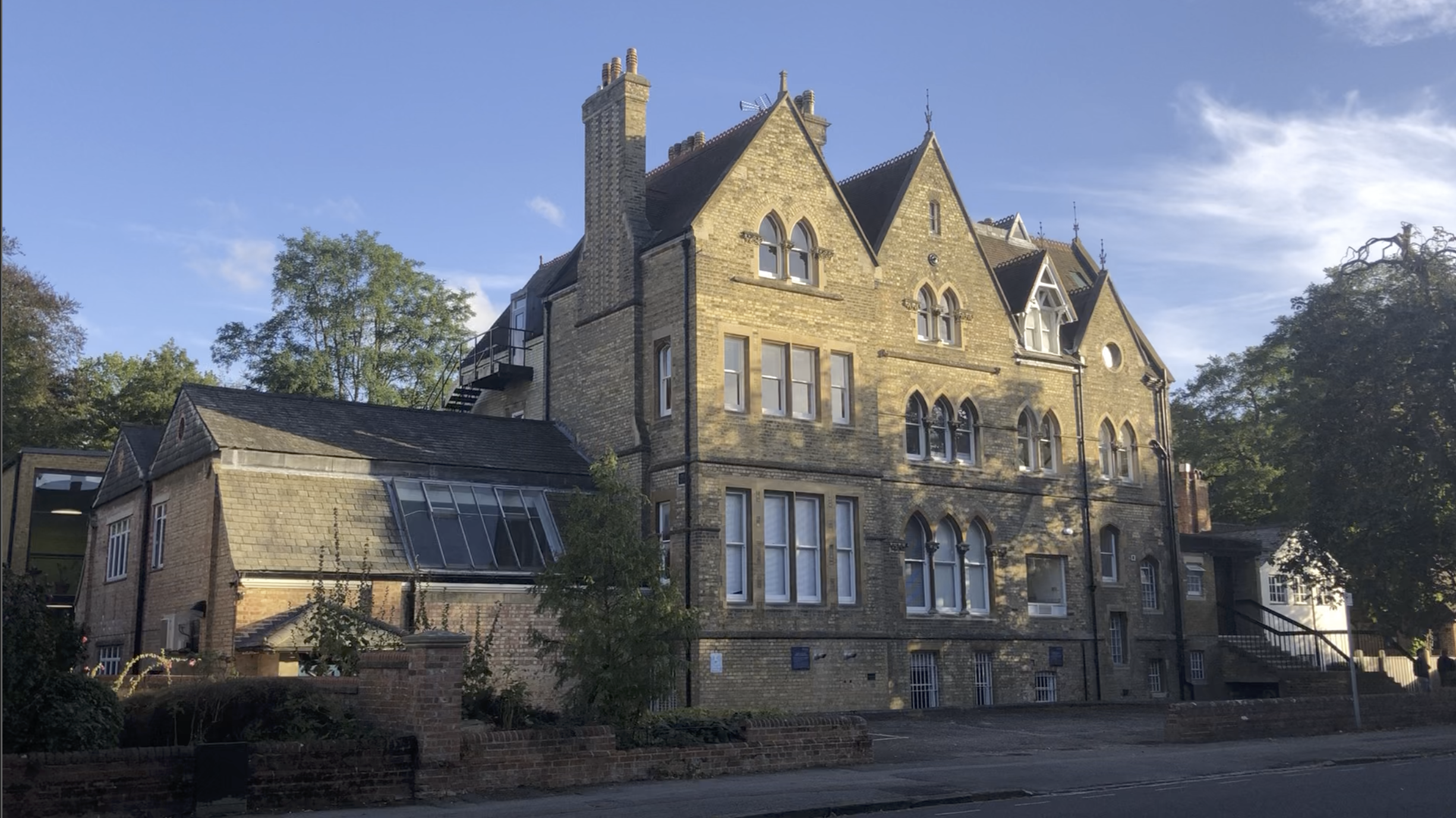Introduction to The Elisabeth Blochmann Project
Preliminary archival work at Lady Margaret Hall (6 December 2022)
I stumbled across the name Elisabeth Blochmann as most people do, while reading about Martin Heidegger. The Wikipedia entry reads as such:
Heidegger had a four-year affair with Hannah Arendt and a decades-long affair with Elisabeth Blochmann; both women were his students. Arendt was Jewish, and Blochmann had one Jewish parent, making them subject to severe persecution by the Nazi authorities. […] It is probably fair to say that, following his relationship with Hannah Arendt, Blochmann had one of the most important extramarital affairs with Heidegger (as is known since 2005, Heidegger led something of an open marriage and his wife Elfriede both knew about his affairs and conducted her own). Elfriede Heidegger and Elisabeth Blochmann were friends and former classmates. The story is well documented in the 1989 edition of their letters, starting in 1918. Heidegger's letters to his wife contain information about several other affairs of his. He helped Blochmann emigrate from Germany before the start of World War II and resumed contact with both of them after the war. [Accessed 10 December 2022]
I knew about Heidegger’s affair with Hannah Arendt but his relationship with Elisabeth Blochmann was new. At the time, I was curious how this extra-marital affair was ‘of some importance for, and great interest in, the history of philosophy.’ I followed up on Blochmann’s Wikipedia page where I was surprised to learn that she had begun her career as a historian (earning a PhD in 1923) before becoming an education scholar. I was even more intrigued to learn that she had also been a tutor at Lady Margaret Hall from 1933 to 1952.
I have personal similarities with Blochmann that undoubtedly contributed to my interest in her life. I have a background in history that informed my interest in education. As well, my office in the Department of Education is directly adjacent to Lady Margaret Hall. The feeling that I was literally following in her footsteps was irresistible.
I had to know more about this woman. Surely, I thought, someone will have written a blog post on such a fascinating character. Or at least an article on her intellectual contributions and dialogue with Heidegger. Yet, no such work was to be found. Instead, I found a wonderful webpage created by Dr. Matthew Kruger-Ross which confirmed my sense that Blochmann is somewhat of a forgotten entity in the history of education.
This lacuna in the historical record has brought me on an exhilirating research journey, well beyond what I could have expected. At first, I only hoped to account for Blochmann’s time in Oxford given that it spanned nearly twenty years including the course of the Second World War. As well, Blochmann has been better accounted for in German scholarship but the nature of her academic activities between 1933 and 1952 has been noted as a ‘task for future biographical research.’ Her most active biographer states that ‘for the time being, one is largely dependent on indirect conclusions, conclusions above all from essays that Elisabeth Blochmann published in the first years after the end of the Second World War.’
Though I had no formal archival experience, I chanced a search with the Bodleian Library Special Collections and the archives of Lady Margaret Hall. To my surprise, both returned material of significant value. This launched me into a full-blown research project. I intend on first publishing an article on Blochmann’s life in Oxford based on my archival work. However, I would like to develop this story further by carrying out additional research in Germany in order to place Blochmann in historical context. Eventually, I hope to define Blochmann’s unique contributions to scholarship, her importance to the history of education, and how her philosophy may or may not have been influenced by Martin Heidegger. These questions will not be answered quickly and will likely require the space of a doctoral dissertation.
As I explore those questions, I hope to bring broader attention to her life and work. I take inspiration from Dr. Kruger-Ross who compiled a preliminary bibliography of Blochann’s publications and edited her Wikipedia page to remove a line that described her relationship with Heidegger as a ‘steamy love affair.’ I hope to continue this work in the coming months.



